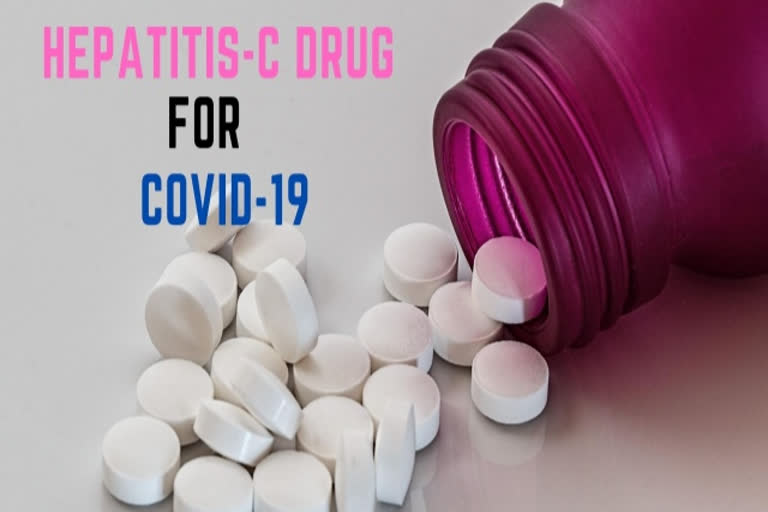New research adds to the growing body of evidence that sofosbuvir and daclatasvir, a drug combination commonly used for the treatment of hepatitis C, can improve clinical outcomes in patients with moderate or severe Covid-19.
Three studies, published in the Journal of Antimicrobial Chemotherapy, researched the use of sofosbuvir and daclatasvir for the treatment of Covid-19.
These three studies come from Iran, which has developed its own pill containing sofosbuvir and daclatasvir, and is in a position to test this in a large clinical trial as Iran is a massively impacted country, reporting some 2,500 cases and 200 deaths a day.
"Despite the encouraging initial results, it is too early to reach a verdict. Larger, well-designed studies are required to confirm our results," said Shahin Merat, the lead author of one of the Journal of Antimicrobial Chemotherapy articles, from Tehran University in Iran.
Currently, no effective antiviral therapy has been found to treat Covid-19. The aim of the trials was to assess if the addition of sofosbuvir and daclatasvir, a drug combination commonly used for the treatment of hepatitis C, improved clinical outcomes in patients with moderate or severe Covid-19.
In one trial, researchers recruited 66 patients and allocated them to either the treatment group or the control group. The study found that clinical recovery within 14 days was achieved by 88 percent in the treatment group and 67 percent in the control group. The treatment group had a significantly shorter median duration of hospitalization (six days) than the control group (eight days).
In another study, subjects suffering from Covid-19 were divided into two groups with one group receiving ribavirin and the other receiving sofosbuvir/daclatasvir. All participants also received the recommended national standard treatment which, at that time, was lopinavir/ritonavir and single-dose hydroxychloroquine.
Hepatitis Drugs May Be Effective Against COVID-19
A new research adds that there is growing evidence that sofosbuvir and daclatasvir, a drug combination used in the treatment of hepatitis C, can improve clinical outcomes in moderate and severe COVID-19 patients.

New research adds to the growing body of evidence that sofosbuvir and daclatasvir, a drug combination commonly used for the treatment of hepatitis C, can improve clinical outcomes in patients with moderate or severe Covid-19.
Three studies, published in the Journal of Antimicrobial Chemotherapy, researched the use of sofosbuvir and daclatasvir for the treatment of Covid-19.
These three studies come from Iran, which has developed its own pill containing sofosbuvir and daclatasvir, and is in a position to test this in a large clinical trial as Iran is a massively impacted country, reporting some 2,500 cases and 200 deaths a day.
"Despite the encouraging initial results, it is too early to reach a verdict. Larger, well-designed studies are required to confirm our results," said Shahin Merat, the lead author of one of the Journal of Antimicrobial Chemotherapy articles, from Tehran University in Iran.
Currently, no effective antiviral therapy has been found to treat Covid-19. The aim of the trials was to assess if the addition of sofosbuvir and daclatasvir, a drug combination commonly used for the treatment of hepatitis C, improved clinical outcomes in patients with moderate or severe Covid-19.
In one trial, researchers recruited 66 patients and allocated them to either the treatment group or the control group. The study found that clinical recovery within 14 days was achieved by 88 percent in the treatment group and 67 percent in the control group. The treatment group had a significantly shorter median duration of hospitalization (six days) than the control group (eight days).
In another study, subjects suffering from Covid-19 were divided into two groups with one group receiving ribavirin and the other receiving sofosbuvir/daclatasvir. All participants also received the recommended national standard treatment which, at that time, was lopinavir/ritonavir and single-dose hydroxychloroquine.


